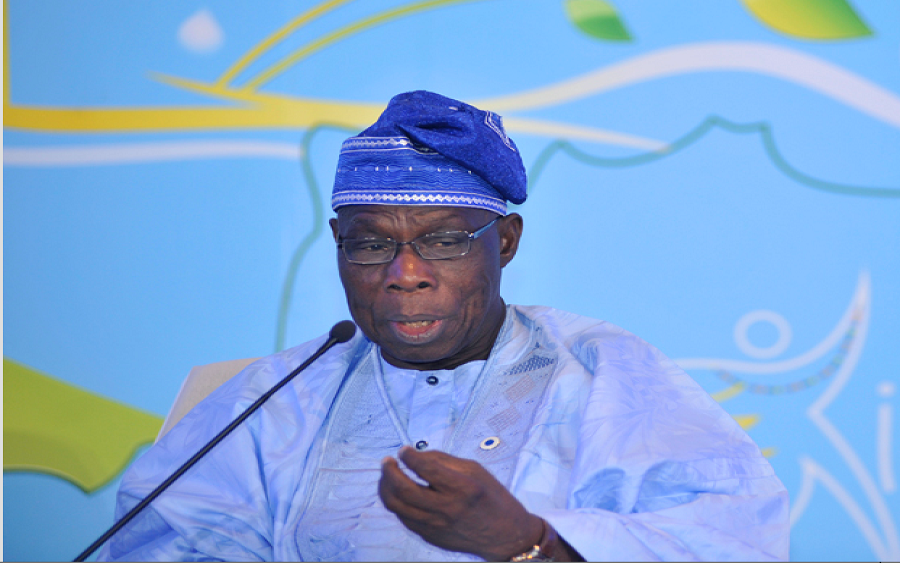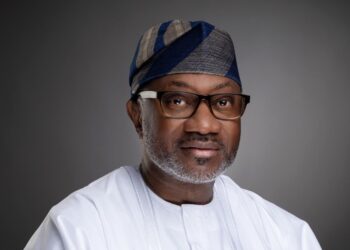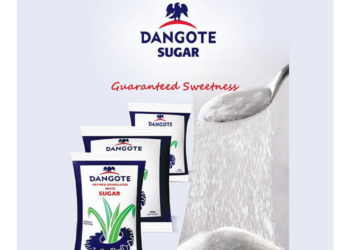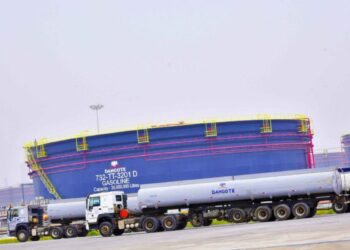Nigeria’s billionaire business mogul, Femi Otedola in an interview on Channels Television at the commissioning of the Dangote Refinery commented on the major inspiration behind the construction of the refinery, by Aliko Dangote.
He said that in 2007, he and Dangote had formed a consortium called Blue Star to attempt to acquire the Kaduna and Port Harcourt refineries, but the take over was scuttled for a reason he didn’t state, prompting Aliko Dangote to make the decision to build his own refinery.
According to him the construction of the refinery started as far back as 2012. He said, “I’m very excited today. Today is one of the happiest moments in my life to see this project come to reality. This is a project I have been visiting with Aliko since 2012.”
The newly constructed refinery situated at Ibeju-Lekki is more than a newly constructed edifice. It is more than a new business for the billionaire. If the refinery works as planned it could be the beginning of a massive change for the Nigerian economy.
How it affects the Nigerian economy
In Nigeria, we have an abundance of crude oil, yet we import petroleum products, automatically hiking the price of those products as it is affected by a lot of factors including import duties.
- Mr. Otedola stated that the importation of petroleum products was not good for a country like Nigeria with more than enough crude oil.
- As locally refining crude oil in Nigeria would drastically reduce the pricing of all petroleum products. Petrol, diesel, kerosene, and other petroleum products may be cheaper compared to what is obtainable in the current market.
- In addition, it could change the current international trade balance of Nigeria to a positive if the refinery is able to export petroleum products to other countries. This could overturn the negative trade balance recorded in recent years and help lower our import bill FX obligations.
Mr Otedola also spoke of the Fertilizer plant describing it as “the second-largest fertilizer plant in the world” and adding that the government would no longer spend billions of dollars importing fertilizer.
- Fertilizer production and distribution in Nigeria would do a lot for our agriculture. Farmers would pay less for fertilizer and subsequently produce more.
- If the supply of food becomes more than the demand, we could have more than we need and more people would be moved to explore local manufacturing of other food items and finished products which would, in turn, reduce the number of food items we import and increase the amount we export.
- The entire Nigerian economy may just be about to get a complete facelift.






















The Blue Star Consortium (which had Dangote, Otedola and the Rivers State Government, as partners) had the winning bid for the Port Harcourt and Kaduna refineries in 2007, during the second round of privatizations by the Obasanjo administration. When the late YarAdua came to power, his administration annulled the privatization under political pressure (led by NLC and the labor unions) and refunded the purchase monies. The result was more billions of good money thrown down the black hole of government refineries that employ thousands of “workers” but never works.